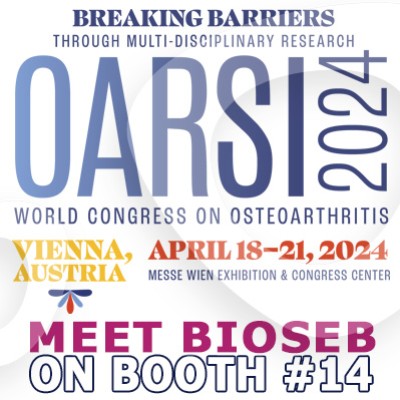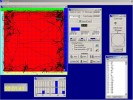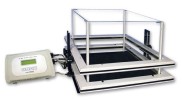Authors
D. Vandame, L. Ulmann, M. Teigell, M. Prieto-Cappellini, J. Vignon et al.
Lab
Institut de Neurosciences de Montpellier, Montpellier, France
Journal
PLOS One
Abstract
The NMDAR glutamate receptor subtype mediates various vital physiological neuronal functions. However, its excessive activation contributes to neuronal damage in a large variety of acute and chronic neurological disorders. NMDAR antagonists thus represent promising therapeutic tools that can counteract NMDARs’ overactivation. Channel blockers are of special interest since they are use-dependent, thus being more potent at continuously activated NMDARs, as may be the case in pathological conditions. Nevertheless, it has been established that NMDAR antagonists, such as MK801, also have unacceptable neurotoxic effects. Presently only Memantine is considered a safe NMDAR antagonist and is used clinically. It has recently been speculated that antagonists that preferentially target extrasynaptic NMDARs would be less toxic. We previously demonstrated that the phencyclidine derivative GK11 preferentially inhibits extrasynaptic NMDARs. We thus anticipated that this compound would be safer than other known NMDAR antagonists. In this study we used whole-genome profiling of the rat cingulate cortex, a brain area that is particularly sensitive to NMDAR antagonists, to compare the potential adverse effects of GK11 and MK801. Our results showed that in contrast to GK11, the transcriptional profile of MK801 is characterized by a significant upregulation of inflammatory and stress-response genes, consistent with its high neurotoxicity. In addition, behavioural and immunohistochemical analyses confirmed marked inflammatory reactions (including astrogliosis and microglial activation) in MK801-treated, but not GK11-treated rats. Interestingly, we also showed that GK11 elicited less inflammation and neuronal damage, even when compared to Memantine, which like GK11, preferentially inhibits extrasynaptic NMDAR. As a whole, our study suggests that GK11 may be a more attractive therapeutic alternative in the treatment of CNS disorders characterized by the overactivation of glutamate receptors.
BIOSEB Instruments Used:
Acquisition software: ACTITRACK (ACTITRACK),Infrared Actimeter (LE8815)

 Douleur - Allodynie/Hyperalgésie Thermique
Douleur - Allodynie/Hyperalgésie Thermique Douleur - Spontanée - Déficit de Posture
Douleur - Spontanée - Déficit de Posture Douleur - Allodynie/Hyperalgésie Mécanique
Douleur - Allodynie/Hyperalgésie Mécanique Apprentissage/Mémoire - Attention - Addiction
Apprentissage/Mémoire - Attention - Addiction Physiologie & Recherche Respiratoire
Physiologie & Recherche Respiratoire
 Douleur
Douleur Métabolisme
Métabolisme Système moteur
Système moteur Neurodégénérescence
Neurodégénérescence Thématiques transversales
Thématiques transversales Système musculaire
Système musculaire Functions de motricité générale
Functions de motricité générale Troubles de l'humeur
Troubles de l'humeur Other disorders
Other disorders Joints
Joints Système Nerveux Central (SNC)
Système Nerveux Central (SNC)  Système sensoriel
Système sensoriel

